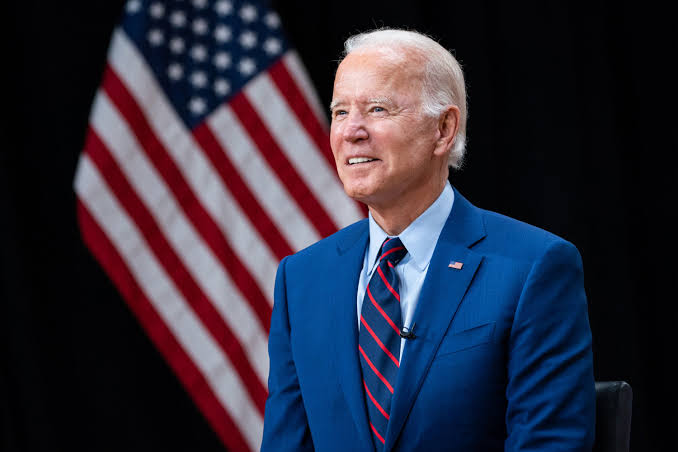President Joe Biden announced over $1 billion in humanitarian assistance for Africa during his first visit to Angola on Tuesday, focusing on addressing the continent’s ongoing humanitarian crises.
Biden, who is also the first sitting U.S. president to visit the former Portuguese colony, met with Angolan President João Lourenço and pledged American support for displaced African communities.
The aid, which will target 31 African nations, will help address food insecurity and urgent needs for refugees and internally displaced persons, particularly in Southern Africa, which is currently enduring its worst recorded drought.
The U.S. Agency for International Development (USAID) confirmed that the funds would provide relief for those suffering from the effects of historic droughts across the region.
Speaking at the National Slavery Museum in Luanda, Biden reflected on the U.S.’s historical role in the transatlantic slave trade, highlighting Angola’s significance as a key source of enslaved people in the 19th century.
He acknowledged that “slavery was our nation’s original sin,” a sentiment shared at the museum which displays artifacts from the period.
Biden’s visit, the first to Sub-Saharan Africa since he took office, is seen as a pivotal moment in strengthening U.S.-Angola relations.
The two leaders discussed increasing economic and security cooperation, with a focus on Angola’s strategic role in Africa’s future.
Biden highlighted the ongoing U.S. investment in a major infrastructure project aimed at transporting critical minerals from landlocked countries to Angola’s port of Lobito, part of the larger Lobito Corridor project.
Biden emphasized that “the future runs through Angola, through Africa,” underscoring the importance of the continent in shaping global security and economic stability.
On the geopolitical front, Biden’s visit also comes amid rising concerns over China’s influence in Africa. Angola owes China approximately $17 billion, a significant portion of its national debt.
A senior U.S. official noted that many African governments are seeking alternatives to Chinese investments, which often come with long-term debt obligations.
Biden’s trip also includes a visit to the port of Lobito, where he will attend an infrastructure summit focused on regional investment. The summit, which will include leaders from Angola, the Democratic Republic of Congo, Tanzania, and Zambia, highlights the ongoing efforts to rehabilitate the Lobito Corridor railway.
This project, backed by the U.S., the European Union, and other international partners, is seen as a major step in increasing economic connectivity and reducing dependency on China.
While Biden’s visit is aimed at fostering economic collaboration, human rights groups have urged him to address Angola’s human rights record, particularly regarding the treatment of protesters and critics of the government.
Biden has yet to respond to calls for him to press the Angolan government on these issues.

















